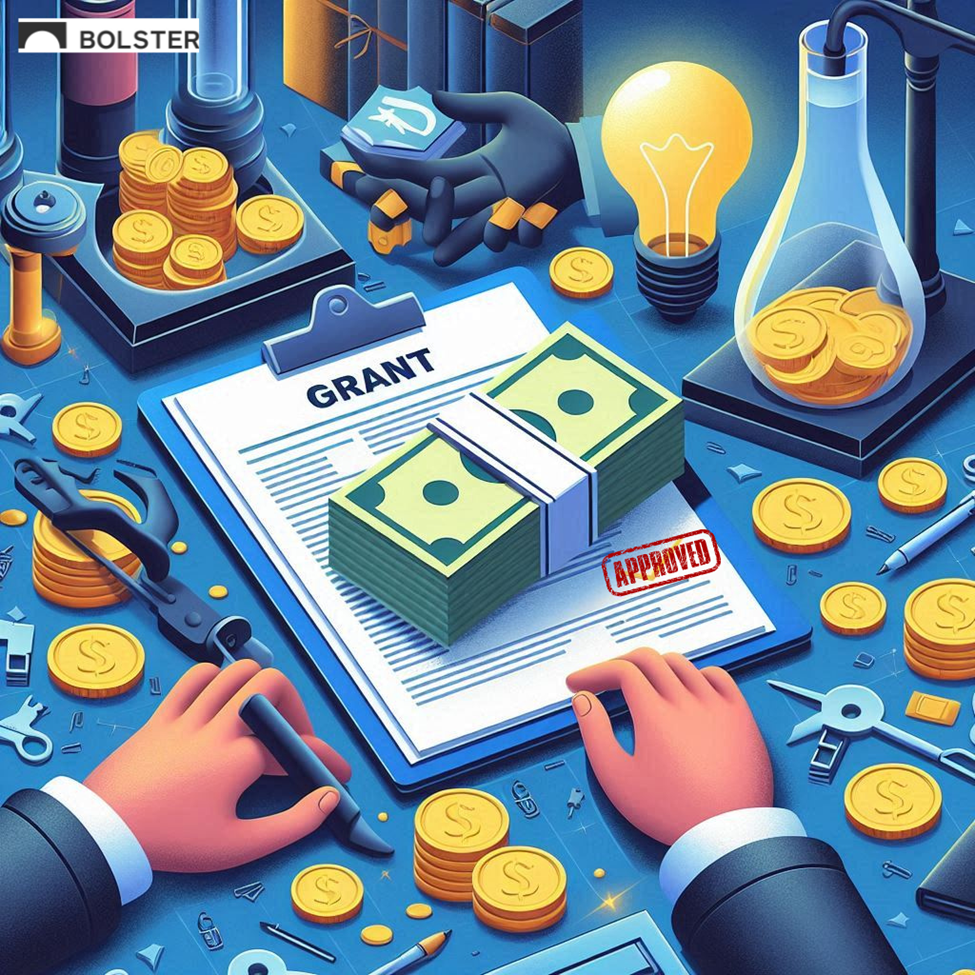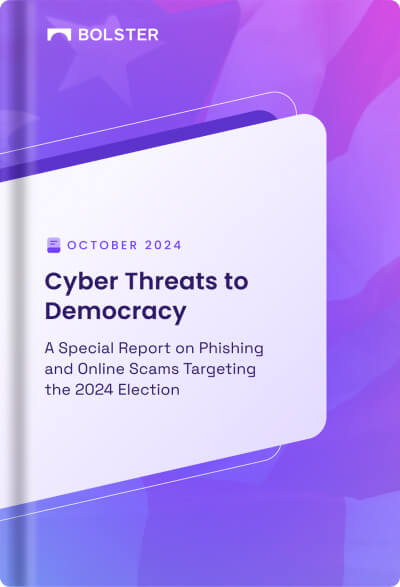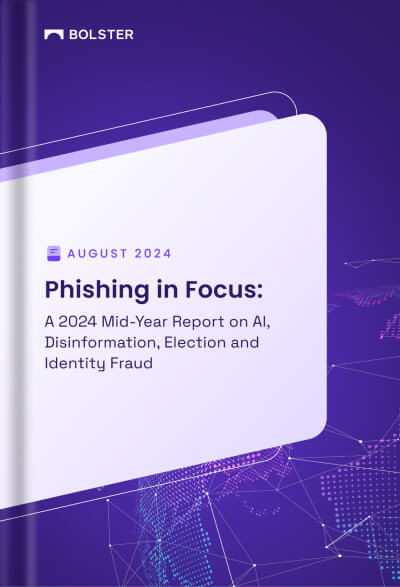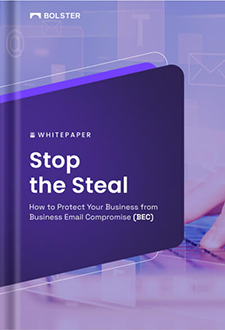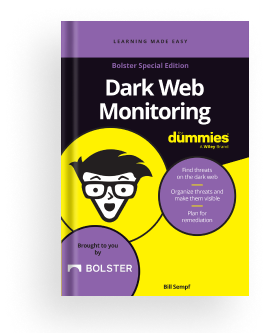The promise of government offers can be engaging, particularly whilst supplied as smooth cash for private or business use. However, this charm often masks a darker truth: the prevalence of government grant scams. These scams prey on individuals and corporations alike, exploiting their hopes and wishes with promises of loose funds that by no means materialize.
Understanding the nuances of these fraudulent schemes is important in safeguarding yourself from financial loss and emotional distress.
This blog will guide you from consciousness to motion, providing vital hints and strategies to correctly recognize, avoid, and document government furnish scams. By staying informed and vigilant, you may guard your assets and ensure you interact with valid furnish possibilities.
What is a Government Grant?
Imagine receiving a financial boost from the government to bring your beneficial project to life—no strings attached. That’s essentially what a government grant is! It’s a financial award given by federal, state, or local government authorities to support initiatives that serve the public good. Unlike loans, you don’t have to repay a grant, making it an attractive option for funding.
Whether you’re an individual, business, educational institution, or non-profit, these grants can help you achieve your research, community development, education, and infrastructure goals. In essence, a government grant is a gift from the government to help you positively impact society.
That said, as we will get into, always be aware of free money offers disguised as government grants. Scammers may promise funds for education, home repairs, business expenses, or unpaid bills, but these are fraudulent schemes.
Legitimate Grant (OR) You Won a Legit Grant—Now What?
Verify the Purpose of the Grant: Real grants have specific purposes aligned with the grantor’s mission. Be wary if the grant seems like it can be used for anything your company decides. Confirm that your mission aligns with the grantor’s mission to avoid scams.
Understand Overhead Allowances: Genuine grants allocate funds for specific projects and activities, including administrative support. Be cautious of grants that don’t specify what portion can be used for overhead.
Check the Payment Schedule: Authentic grants often provide funds upfront to kick start your work. However, some might be based on milestones or reimbursement. Verify the payment terms to ensure they’re legitimate.
Understanding Government Grant Scams

Winning a grant can be exciting, but it’s crucial to verify its legitimacy. Here’s how to spot and avoid government grant scams:
1. Verify the Source: Real grants come from recognized government agencies or reputable organizations. Confirm the grantor’s legitimacy by contacting them directly using official contact details. Beware of offers from non-existent agencies or those with suspicious websites.
2. Check for Upfront Fees: Genuine grants do not require any upfront payments. If asked to pay for application processing or other fees, it’s likely a scam. For example, a Reddit user reported being targeted by a scammer demanding a $30,000 fee for a $5 million grant.

3. Understand the Grant’s Purpose: Authentic grants have specific, clear purposes aligned with the grantor’s mission. If the grant seems overly flexible or the purpose is unclear, it might be a scam.
4. Verify Payment Terms: Legitimate grants typically provide funds upfront or based on milestones. Ensure the payment terms are standard and transparent.
5. Look for Red Flags: Watch out for poor grammar, spelling errors, and suspicious email addresses. These can indicate a scam. Also, grants are not given out of the blue; you usually need to apply for them.
6. Research the Grant Program: Real grants are publicly advertised with transparent application processes. Request written details if asked for personal or financial information. Scammers will often avoid providing this information or will disappear if challenged.
Typical Scammer Strategies
Unsolicited Contact
Scammers often reach out unexpectedly, pretending to be government officials or representatives. This can happen through phone calls, emails, letters, or even social media messages like Facebook. Be cautious if you receive unsolicited communication claiming you’ve been selected for a grant without any prior contact. Authentic government organizations don’t send messages asking for responses at unusual hours or through these suspicious channels.

Requests for Personal Information
Watch out for scammers who ask for your sensitive information, like Social Security numbers or bank details, pretending it’s needed to process a grant. Legitimate grant applications are always made through secure and official channels. Avoid sharing personal information on social media or with anyone who contacts you out of the blue. Keep your social media profiles private and secure to protect your information.
Upfront Fees
Scammers often ask for upfront fees for application processing, taxes, or administrative costs. Be wary—real government grants don’t require any payment before you receive the grant. For example, if someone claims you’re eligible for a $50,000 grant but insists you pay $3,000 as a “processing fee,” it’s a scam.

High-Pressure Tactics
Scammers might pressure you to act fast, creating a fake sense of urgency to rush you into accepting the grant offer without giving you time to check its legitimacy. Real grant processes have reasonable deadlines and allow you plenty of time to make decisions. If someone pushes you to act quickly, be cautious—it’s likely a scam.

Natural Disasters
Scammers may exploit your vulnerability in the aftermath of floods, tornadoes, or other disasters by pretending to represent agencies like the Federal Emergency Management Agency (FEMA) or the Small Business Administration. They might ask for personal financial information, Social Security numbers, or money. Be cautious and verify any requests through official channels before providing any information.
Case Study
February 24, 2023 – The U.S. Department of Health and Human Services (HHS), Office of Inspector General (OIG) is alerting the public to a fraud scheme that uses social media and fake websites to steal money from individuals by offering fake HHS grants.
The scheme involves scammers pretending to offer you grants from HHS and asking for payment or personal information to receive the fake grants. Scammers may use various social media platforms and chat applications to contact you and direct you to fake websites, online chats, chat boxes, or live customer support in order to lure you into providing your personal or financial information.
These scammers may pretend to be a “friend” or someone from HHS. Although the precise message may vary, the scammer provides fake HHS employee information or a link to a fake HHS website, tells you that you will receive free Government grant money, and then asks you for money or personal information.
What to Do If You’ve Been Targeted
1. Cease Communication: Stop interacting with the scammer immediately. Do not provide any personal information or payments.
2. Monitor Accounts: If you’ve shared financial information, monitor your bank and credit card statements for unauthorized transactions. Report any suspicious activity to your bank.
3. Credit Reporting: Consider placing a fraud alert or credit freeze on your credit reports to prevent identity theft.
4. Report Incident: File a complaint with the FTC and your state’s consumer protection office. If scammers contact you online, file a report with the FBI’s Internet Crime Complaint Center. Providing details about the scam can help protect others.
Protecting Yourself from Government Grant Scams
1. Educate Yourself
Stay informed about common scam tactics and share this knowledge with friends and family to help them avoid falling victim. Check resources like the Federal Trade Commission (FTC) and official government grant websites for warnings and tips.
If you’re asked to pay money to claim a “free” government grant, it’s not a legitimate offer. Real government agencies won’t ask for processing fees or payment for a list of grant opportunities. Be cautious—scammers might ask you to wire money or use prepaid debit cards, which are like sending cash and can’t be recovered once sent.
2. Report Suspicious Activity
If you think you’re dealing with a scam, report it to the FTC or your local consumer protection agency. Quick action helps authorities take down scammers. The FTC keeps track of fraud complaints in a secure Consumer Sentinel database, accessible to law enforcement in the U.S. and abroad. Register your phone number with the National Do Not Call Registry to cut down on telemarketing calls.
3. Safeguard Personal Information
Never share your personal or financial information with anyone you don’t know or can’t verify. Always ensure you’re dealing with legitimate organizations. Scammers might pressure you for bank details to steal your money. Keep your bank information private and only share it with trusted entities when absolutely necessary.
4. Use Official Channels
Just because someone says they’re from the “Federal Grants Administration” doesn’t mean they are. There’s no such agency. Verify their claims by checking official sources like http://USA.gov or your phone directory. Apply for grants through official government websites and follow their application procedures.
Be cautious of unofficial channels and unsolicited offers, and make sure any site requesting your personal information has HTTPS encryption. For example, U.S. Department of Health and Human Services (HHS) websites always use a .gov domain.
Conclusion
Government grant scams can be convincing, but you can protect yourself by staying alert and informed. Always check the legitimacy of grant offers, watch out for warning signs, and report any suspicious activity to the right authorities.
Keeping your personal information safe and using official channels is key to avoiding these frauds. Stay vigilant, stay educated, and help others do the same. Remember, staying aware is your best defense against scammers who prey on those seeking financial help.
References
https://consumer.ftc.gov/articles/government-grant-scams
https://www.emerald.com/insight/content/doi/10.1108/JFC-12-2021-0264/full/html
https://www.score.org/resource
https://www.hhs.gov/grants-contracts/grants/avoid-grant-scams/index.html
https://www.grants.gov/learn-grants/grant-fraud/grant-scam-fraud-alerts.html
